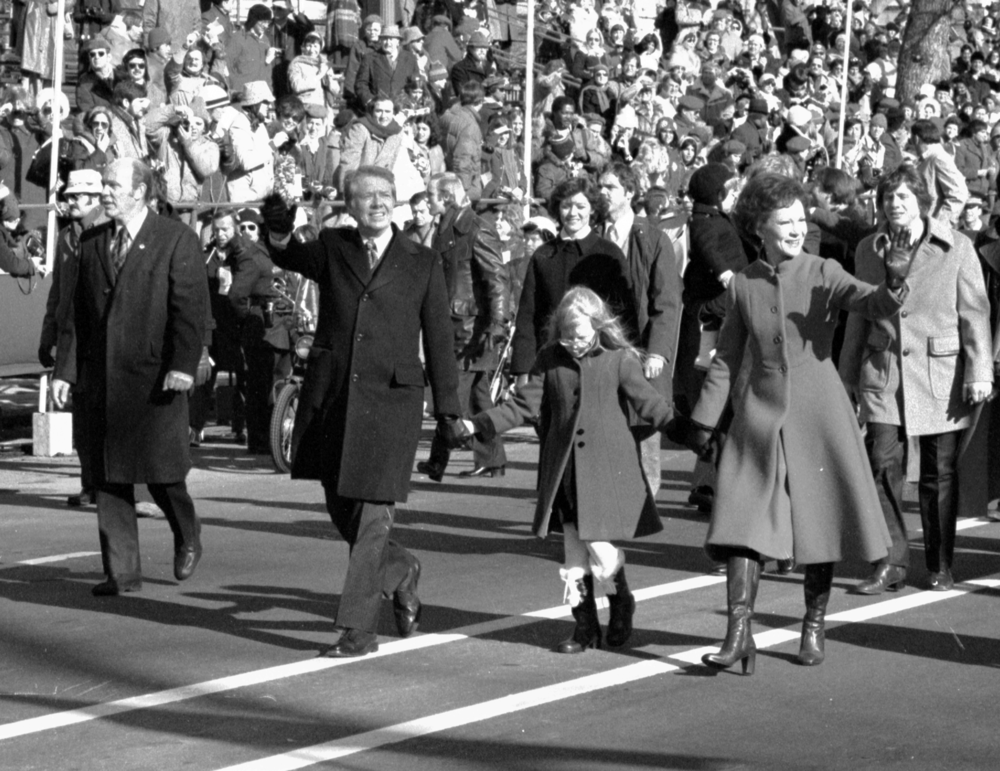Yes, those goddamn water projects ! ? ! 
And supposedly this was the thing which poisoned Carter’s relations with Congress. I’m sure there were other things, but this was the big one.
Let’s suppose Tip O’Neill decides, Hey, President Jimmy Carter is the person who was elected on a national mandate, not me. President Carter ran as both a southern fiscal conservative and his own brand of populist. I’m going to help him succeed at both.
What happens then?
Your ideas please.
And supposedly this was the thing which poisoned Carter’s relations with Congress. I’m sure there were other things, but this was the big one.
Let’s suppose Tip O’Neill decides, Hey, President Jimmy Carter is the person who was elected on a national mandate, not me. President Carter ran as both a southern fiscal conservative and his own brand of populist. I’m going to help him succeed at both.
What happens then?
Your ideas please.



